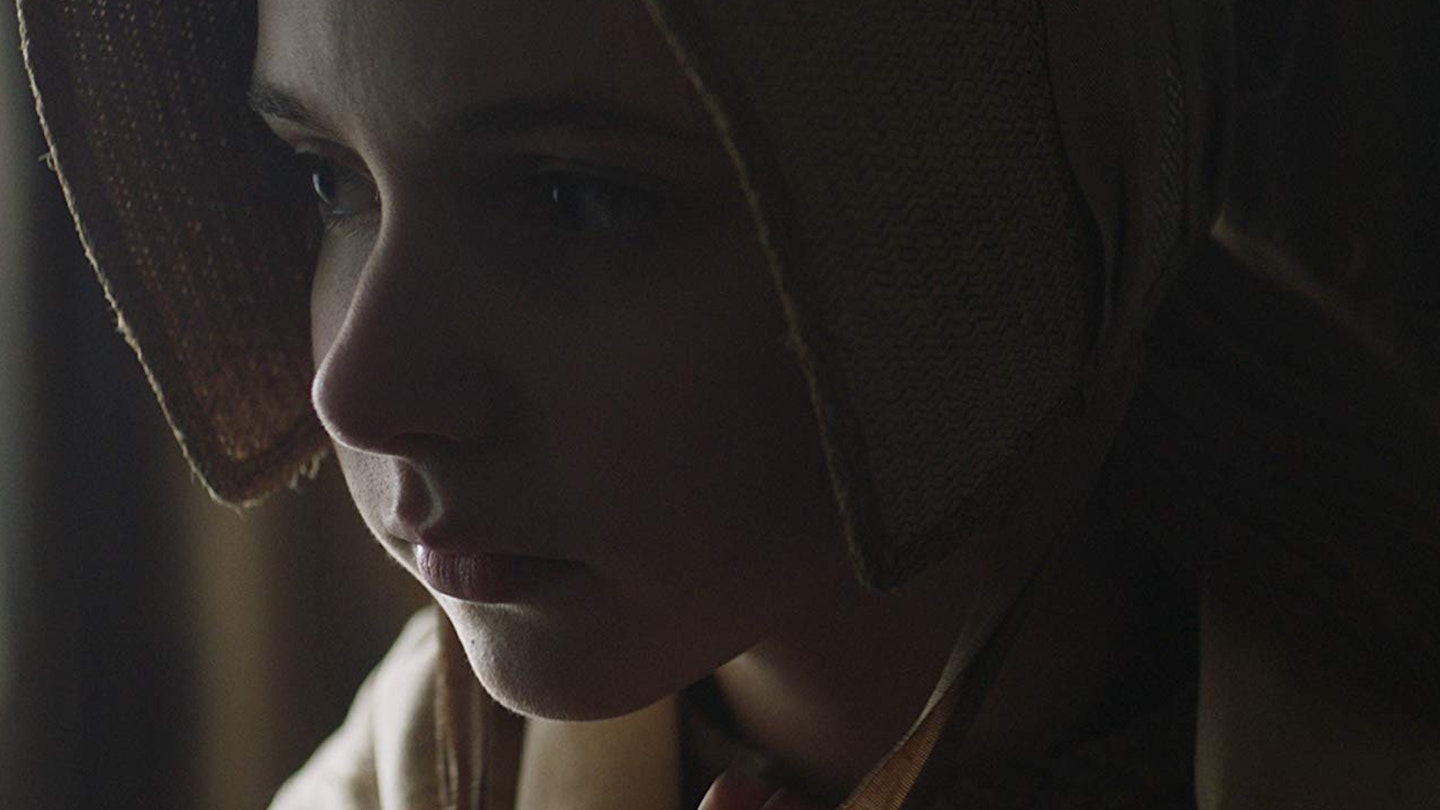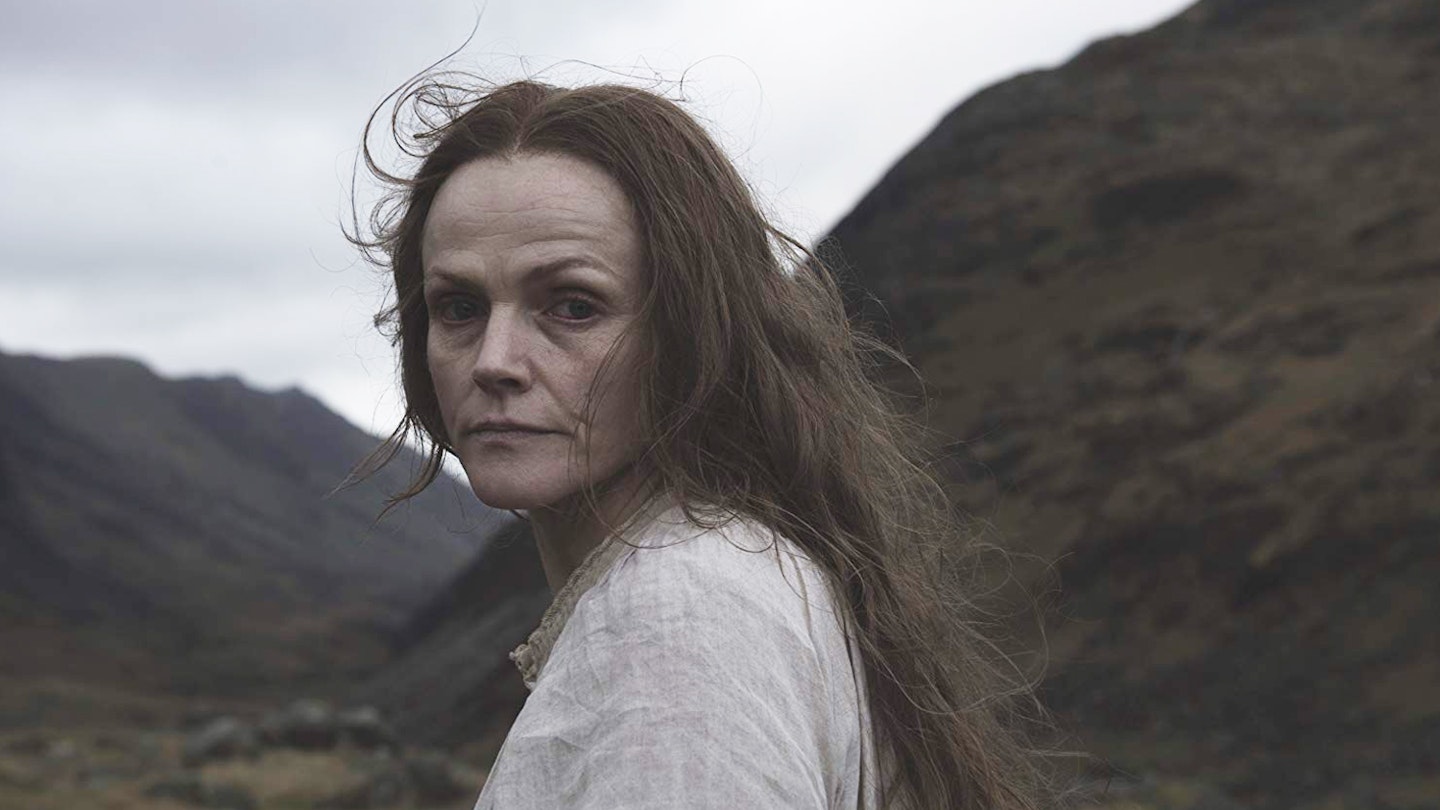Is Gwen a folk horror? Its gothic stylings meet all the criteria, but debut filmmaker William McGregor would rather keep his supernatural cards close to his chest. With the seismic changes of the industrial revolution looming in the background, it tells a savage story of a mother’s slow descent into an unexplained kind of madness and grief, never quite settling between horror or social realism. Perhaps that’s the point: the mystery is never quite revealed, the ambiguity as cruel as anything that befalls its hard-bitten characters.

It begins almost like a period Ken Loach film. Set in 1855, we find teenager Gwen (newcomer Worthington-Cox) holding the fort in an extremely modest slate shack set among the hills of North Wales; her father, never seen, is away with the army, her mother, Elen (Peake), is prone to temper tantrums and epileptic fits. Life would be incredibly hard as it is, even without the drastic upheavals of the country disrupting their livelihoods.
An uncomfortably unhappy viewing experience.
But still the family’s fortunes fade fast. The animals start dying unexpectedly, Elen’s health deteriorates rapidly, the Nimby-ish villagers start to turn on Gwen and Elen for reasons that are never entirely clear — and there are occasional, slight hints of the supernatural at play, too. It makes for an uncomfortably unhappy viewing experience. The film’s relentless bleakness — rarely allowing for even a moment of respite — soon establishes a tone with very little texture.
Still, it’s stunningly well staged. Maxine Peake continues her streak of fascinating, flawed anti-heroes, while newcomer Eleanor Worthington-Cox puts in a star-making turn. And William McGregor proves to be a master of atmosphere, impressively unafraid of a slow-burn narrative, allowing the many misfortunes to unfold gradually and deliberately. He makes the most of Adam Etherington’s natural-light cinematography, too, using the oppressive landscapes of Snowdonia to elegantly set the mood. As a piece of visual storytelling, it’s breathtaking.

